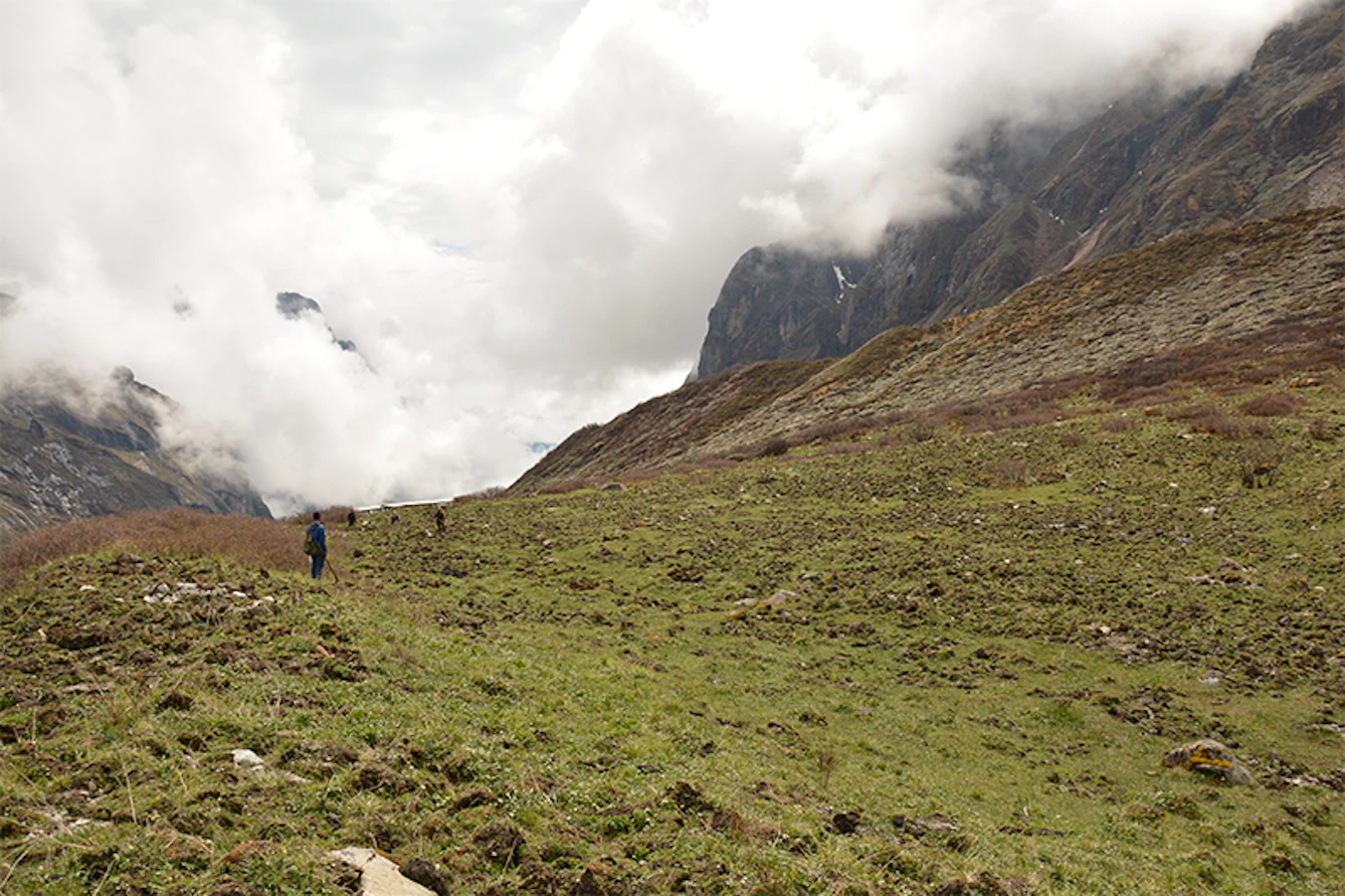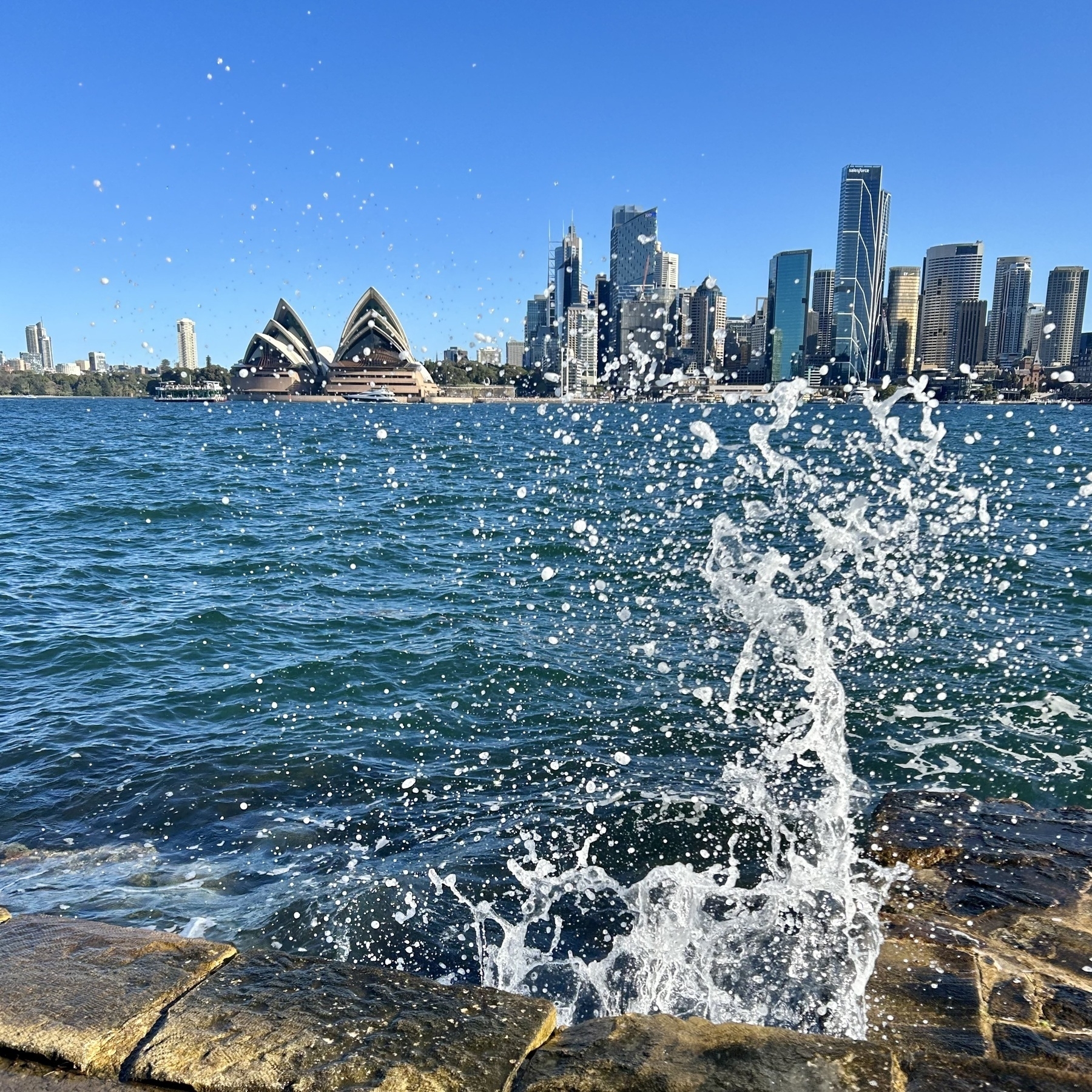Brazil's StopClub app uses the master’s tools to dismantle the master’s house
Choose when you work and the rides you take. No, not like that!
“Uber Brazil took StopClub to court in July, claiming the app was illegally obtaining and storing confidential data related to passengers, drivers, and ride prices. It also alleged that StopClub was violating Uber’s copyright and competition rights. In response, StopClub said it doesn’t extract or store data. Instead, when Uber or 99 offer a ride to a driver, StopClub said it only reads the information shown on screen and executes a pre-programmed calculation. In late August, Uber lost its injunction to block the app.”
Uber hates this app that tells drivers whether it’s worth picking you up
From 2020:
African elites initiated tobacco-related co-operation to meet their interests, but Chinese interests dominated implementation. Consequently, Chinese investments have maintained hierarchal governance of an exploitive and harmful industry
An important article examining why almost half of all cigarettes in the world are consumed in China - more than 2.4 trillion every year.
“China’s public health community continues to push for more indoor smoking bans, but is frustrated by the slow progress, and by concerning signals from the marketplace. Cigarette sales in the country have increased each year since 2019, and the market research firm Euromonitor International forecasts continued growth through at least 2027, despite China’s shrinking population.”
Humanity's mutilation of the tree of life
During past mass extinctions there was no species with the power or interest to stop extinctions, and no conscious stake in maintaining biodiversity. Today there is a species that should know it is not able to wait millions of years for its life-support systems to be restored after a mass extinction. Ironically, the scale that species’ activities is the sole cause of today’s biological holocaust.
What is crystal clear is that the trajectory of the dimming future of civilization will be directed in part not just by the overall loss of biodiversity but by the pattern of our mutilation of the tree of life.
Mutilation of the tree of life via mass extinction of animal genera (https://www.pnas.org/doi/10.1073/pnas.2306987120)
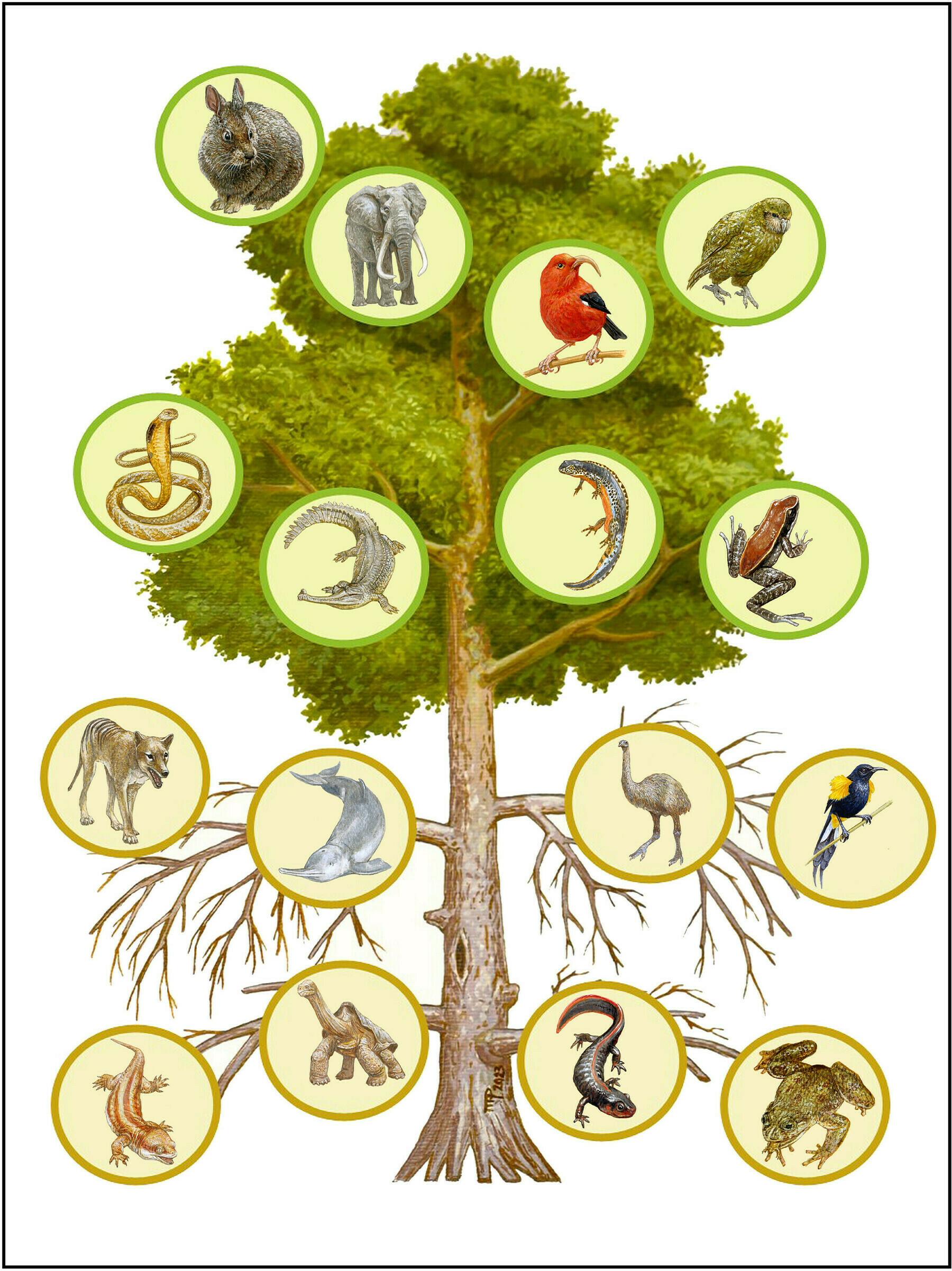
Apple TV+ has taken down the paywall on their anthology series Extrapolations until Monday 25 September. Important but harrowing viewing about how the next few decades might unfold, with some great actors involved. Worth checking out this weekend.
Thanks to Oreo Speedwagon II for the heads-up.
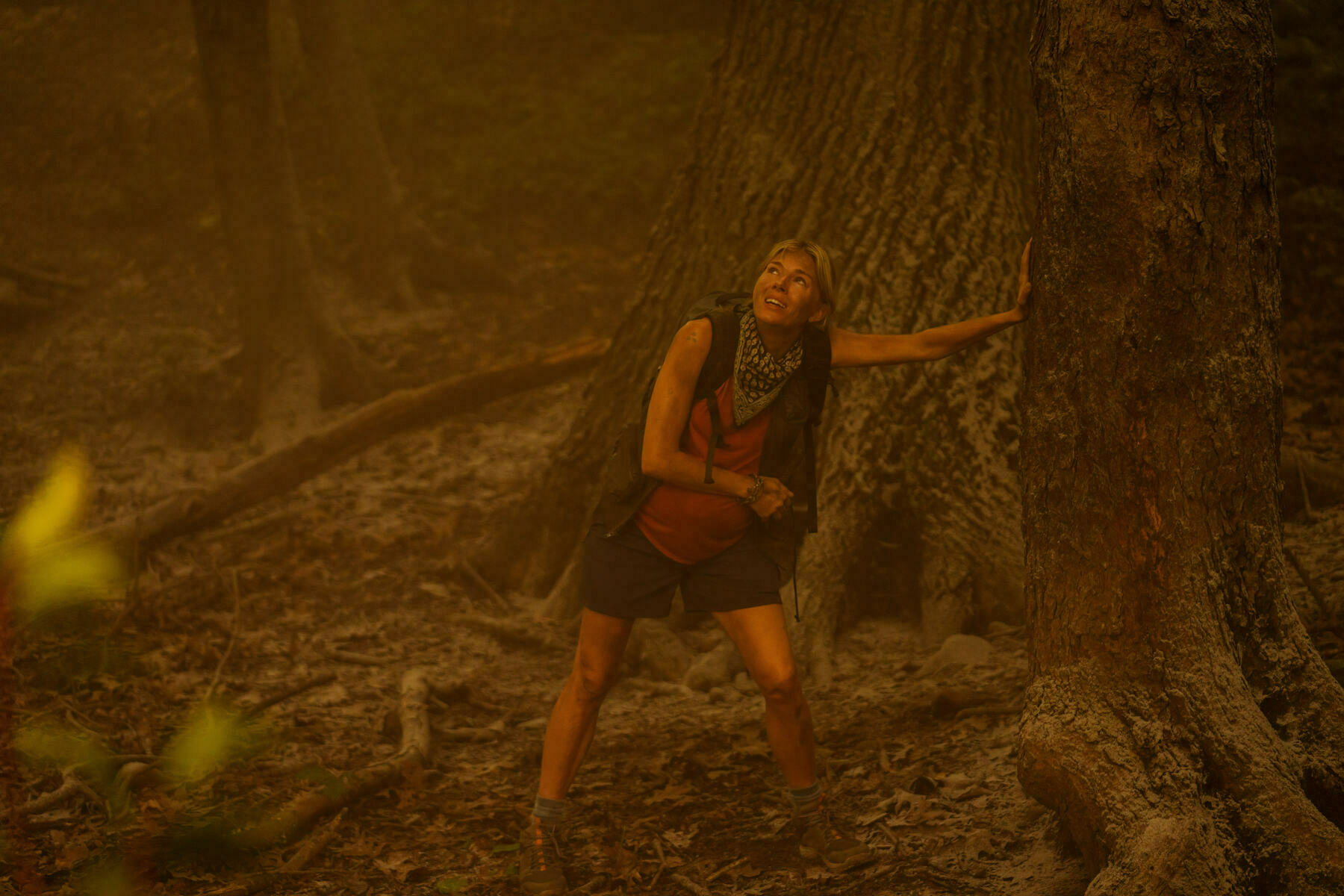
Beyond grades
I was already disillusioned with grading and its perpetual power to distract from students’ learning and my teaching. But more than that, I wanted my students to engage more deeply with the pressing public issues of our times (e.g., the pandemic, George Floyd’s murder and ensuing unrest). As Susan Blum (2020) writes, “my grading practice was driving a wedge between the teacher I was and the teacher I want to be” (p. 45). When I heard about “ungrading” in the summer of 2021, my interest was piqued
A language is a dialogue with the environment… it captures the essence of that place where it developed better than imported languages. Being able to know these couple dozen words for different types of rain that Hawaiian has, that English doesn’t…that’s something that’s just, I think, really meaningful to be able to experience. It always gives you more. You see more colors in the spectrum. It’s a richer experience.
Hawaii’s Native language nearly vanished—this is the fight to bring it back
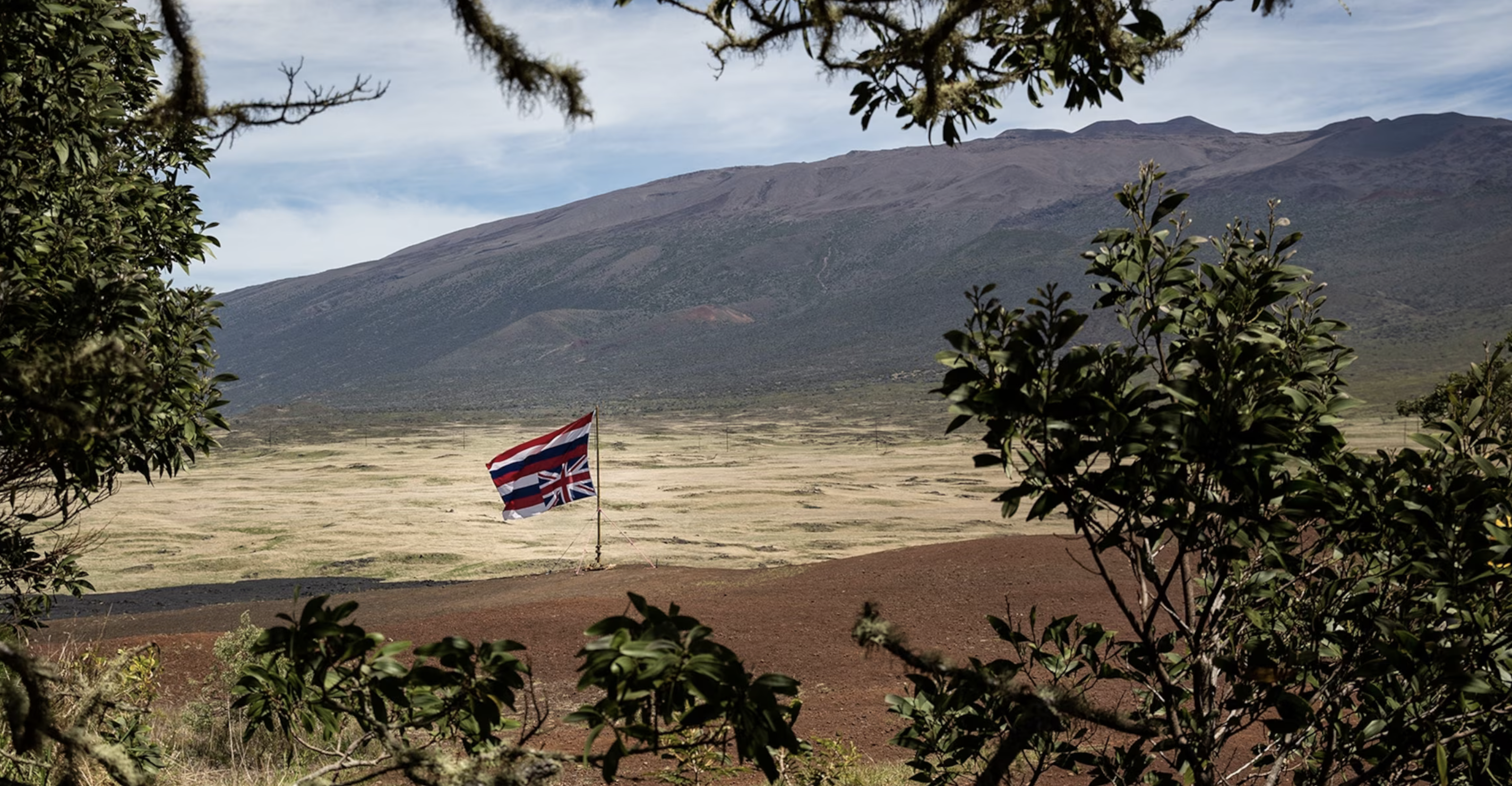
Banana Ecosocialism
…for most of Uganda’s history, bananas escaped serious commodification and facilitated the conscription of Ugandans into the production of cash crops like coffee, tea, and cotton. In Uganda, then, bananas do not represent the vagaries of capitalism. Today, one could even say they are the closest thing we have to ecosocialism.
On average, Ugandans eat more than half a kilo of bananas a day, consuming more of the fruit than anyone else.
Chile's experiment with cybernetic management
In a February 1973 lecture, he explained how his cybernetic approach to management would empower the Chilean people and put the power of science at their disposal. “I know that I am making the maximum effort towards the devolution of power,” Beer told the audience. “The government made their revolution about it; I find it good cybernetics.” Beer stressed that the tools he was developing in Chile were the “people’s tools” and that his systems were designed for and in consultation with Chilean workers. Critics from the Chilean opposition pushed back and equated the system to a new form of government surveillance that would lead to increased government control and abuse.
Project Cybersyn: Chile’s Radical Experiment in Cybernetic Socialism
This article is a few years old, but provides a good overview of Cybersyn.
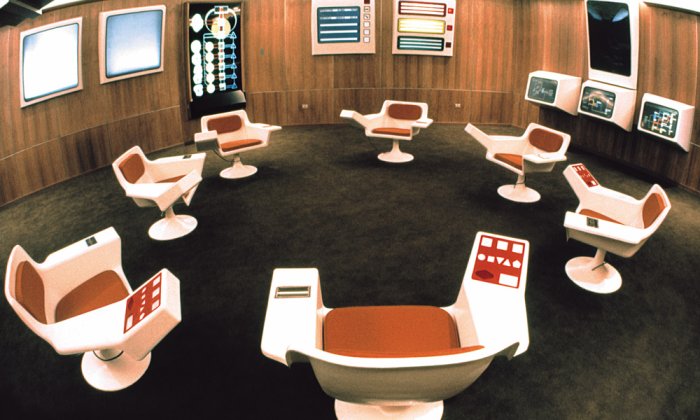
London facing 45C days ‘in foreseeable future’, mayor Sadiq Khan warns
Those kind of temperatures are a struggle for most in Australia, but England is profoundly ill-equipped to deal with heatwaves. Lots of people will die.
"Capitalism is inherently problematic rather than simply a good system gone awry"
What I mean is that capitalism is inherently problematic rather than simply a good system gone awry that can be tinkered with and fixed. I try to point out, with each of the items on the list, how the logic of capitalism and how it functions, and not this or that specific excess, is creating the impacts.
I don’t believe there is a future for humans with capitalism still around. It may look to others like there is no way that capitalism can ever go, and that a system based on global gifting and integrative decision making is simply impossible and naïve. My claim is exactly the opposite: that anything that retains the ways in which capitalism functions is doomed and that the notions that there is no alternative to capitalism and that a better future awaits us with capitalism are both illusions
Before our scientific magicians poisoned the water, polluted the soil, decimated plant and animal life…
How can anything survive in a climate like this? A heatwave all year long. A greenhouse effect, everything is burning up.
What happened to the family doctor?
U.S.-focused but clearly relevant to Australia as well:
“Today, primary care is being squeezed from all sides. Long-standing patient-doctor relationships, once the foundation of medical treatment, are becoming less common: The number of Americans who say their source of medical care is a personal physician has been steadily declining. That is especially true for younger patients: As of 2018, nearly half of adults under 30 said they did not have a primary care doctor.
Many opt instead for the convenience offered by urgent care clinics, clinics in retail stores, and even their local emergency room.”
Any sufficiently advanced form of data centralisation is indistinguishable from kleptomania
“Many would prefer that NHS England invested in its own capacity, instead of farming out to private enterprise. The frontrunner for the contract to run the FDP is the US tech firm Palantir, which has performed data analytics work for the US security services, border forces and police. If you don’t know Palantir, you may be familiar with the company’s chair, Peter Thiel, a tech billionaire and Trump supporter, who has funded anti-abortion candidates and invested in anti-birth-control startups.”
‘Our health data is about to flow more freely, like it or not’: big tech’s plans for the NHS
Wildfires and xenophobia
Twitter/X really is the new Gab:
“Armed militia groups, some linked to extreme far right political parties, seized on the tension to conduct illegal arrests. And elected officials, like the ultranationalist Paraschos Christou Papadakis, gave them a boost. “We’re at war,” Papadakis has been filmed saying. “Where there are fires, there are illegal immigrants.”
On X, previously known as Twitter, and Facebook, it is easy to find Greek users who contend that migrants are to blame for the fires and that the fires are indeed deliberate. In the comment fields on videos in which Greek vigilantes are filmed “hunting” and restraining migrants, it is not unusual to find people calling for migrants to be burned and thrown in the fire.”
While Greece burned, politicians blamed migrants

Interview with a McKinsey whistleblower
An interesting interview with a former McKinsey consultant about what it’s like to use spreadsheets to further human misery overcast.fm/+Fd_yzr4a…
Based on this article The Nation www.thenation.com/article/s…
The last of the fungus
“Before sunset, we found more than 30 caterpillar carcasses. We arrived back at his village after nightfall, and Tenzin sold them all to a middleman for $300. Two weeks of unusually good days like this would bring in roughly the average income for a Tibetan household for an entire year.”
An excellent article about the fascinating, valuable and doomed prcatice of collecting catepillar fungus. I saw some of this in the highlands of Bhutan when I was there for work in 2016, where its also prized for traditonal medicine.
The Last of the Fungus - A young scientist’s quest to transform a dying way of life
